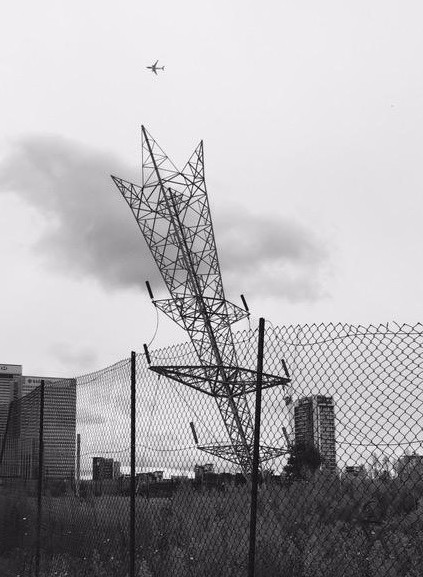Last weekend brought the third indoor Grand Match staged by the Royal Caledonian Curling
Club. The last outdoor version was held on the Lake of Menteith in 1979 but since then a
warming climate has led to insufficient thickness of ice. The modern indoor version of the sport is
played on ice pads which sit upon a solid (disenchanted) base. The outdoor version of the game
involves playing upon a surface which is more malleable and dynamic and indeed one which may
give way if conditions change causing players to slip through into the freezing dark water below –
as indeed happened to the novelist James Hogg. This paper will argue that Washington Irving’s
‘Rip van Winkle’ uses the sport of curling to represent the enchantment which removed Rip from
the world for twenty years. I will suggest that this American story has its roots in the older
narratives of absence and return from fairyland which are prevalent in the Scottish borders in the
early nineteenth century, including such poems as ‘Thomas the Rhymer’ or ‘Tam Lin’, These
narratives themselves may be a means of exploiting notions of enchantment to both undermine
the Enlightenment fetishisation of human progress and suggest more radical and powerful
processes of evolution (of both species and landscape) which may now be discussed within Deep Time. Walter Scott’s Letters on Demonology and Witchcraft will be used in conjunction with a
few scenes from Hogg’s novel The Three Perils of Man.to discuss ideas of enchantment within the
tensions caused by a Calvinistic predetermined Nature coming into contact with the ideas of
Hutton and other Enlightenment figures. Then I’ll try to figure out how to bring curling back
into the picture… Martin Philip is a writer, musician and lecturer.



